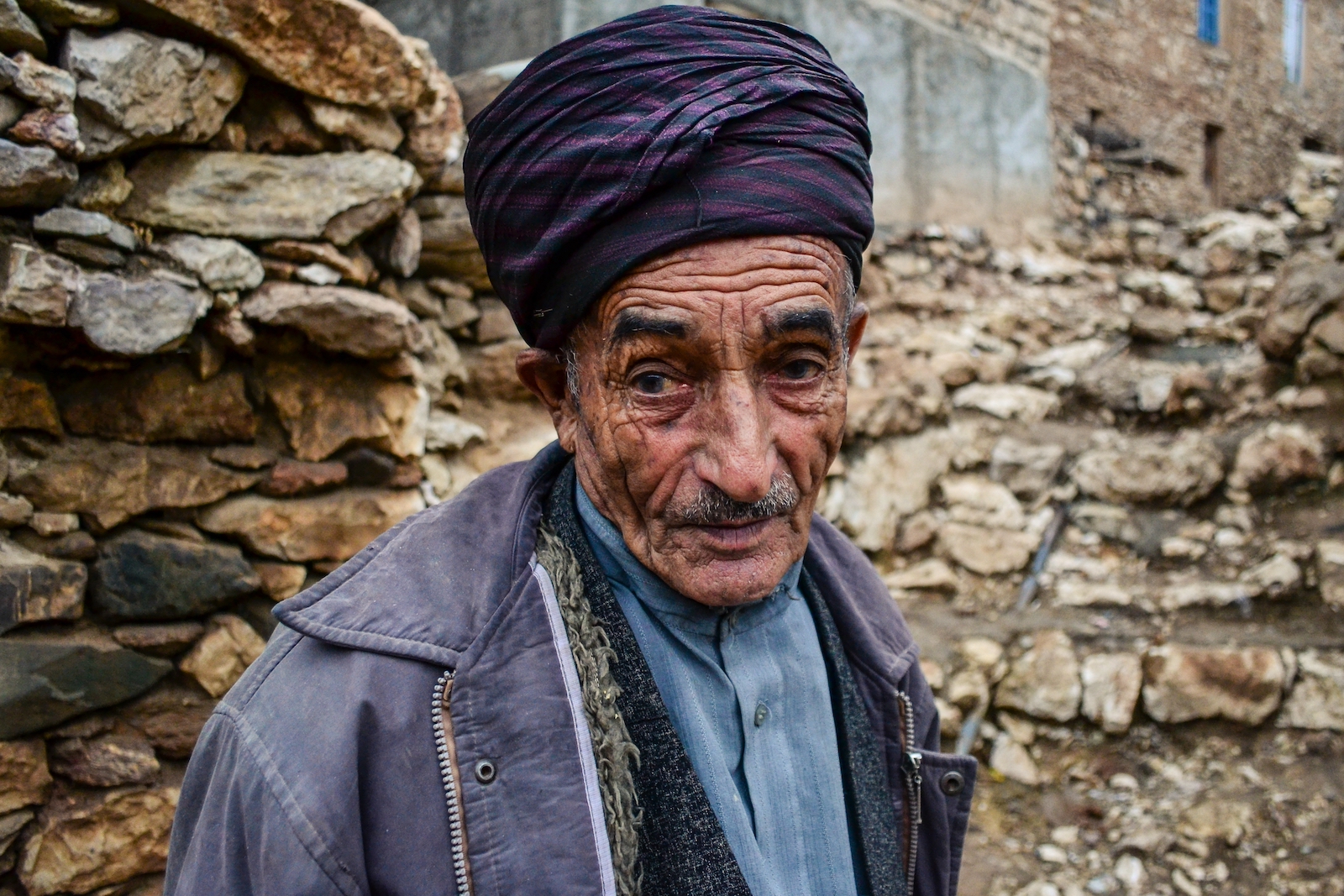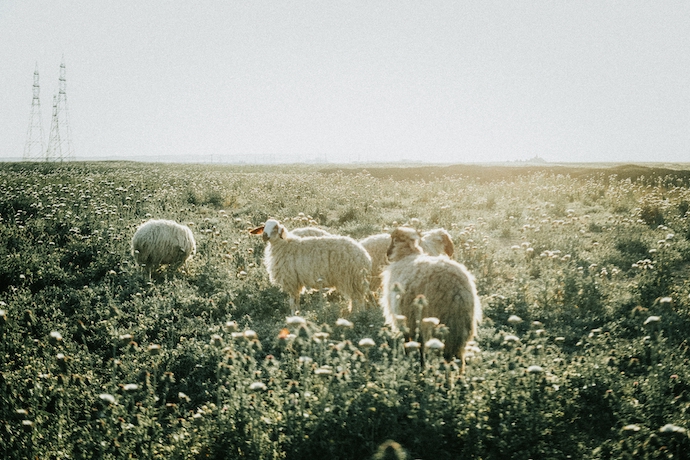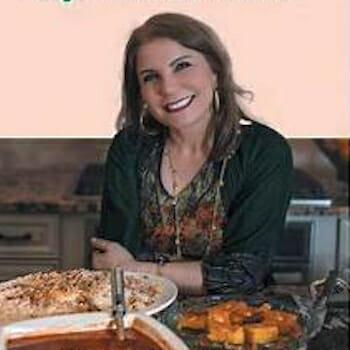
Culture
How the Kurds Outlived Empires and Borders
There are few peoples in the modern world whose existence is felt so powerfully yet remains so absent from the map. The Kurds, numbering more than forty million, live across the mountains and plains of Iraq, Iran, Turkey, and Syria. They speak a language older than many of the borders that divide them. They sing songs that carry stories of exile, resistance, mourning, and hope. And they hold a collective memory that has withstood centuries of war, displacement, and political denial.
The Kurds are often described as the world’s largest stateless nation. Politically, this is accurate. Emotionally and culturally, it is incomplete. To be Kurdish is not simply to lack a state. It is to belong to a people whose identity has survived without one. Kurdishness is not rooted in institutions of power but in the persistence of culture, language, and shared endurance. It is the story of a soul that refuses to disappear.
History Written in Survival
The Kurdish story begins long before the modern Middle East took its current shape. For centuries, Kurds lived across the rugged arc of land stretching from the Zagros Mountains to the plains of Mesopotamia. Their stone villages clung to hillsides and valleys, sheltered by geography that offered both protection and isolation. The mountains were never just terrain; they were refuge, defense, and symbol. They witnessed centuries of survival.
After World War I, as colonial powers carved new states from the ruins of the Ottoman Empire, the promise of a Kurdish homeland quietly vanished from diplomatic texts. The borders of Iraq, Syria, and Turkey were drawn without Kurdish consent, and the Kurdish people were left divided among emerging nation-states that often viewed their identity as a threat.
In Turkey, speaking Kurdish in public was once criminalized. In Iraq, the Anfal campaign under Saddam Hussein destroyed entire villages and killed tens of thousands. In Iran and Syria, Kurdish political organizations were suppressed and cultural expressions tightly controlled. Yet erasure never fully worked. Each generation inherited trauma, but also determination. Memory became inheritance. Resilience became tradition. For the Kurds, survival itself became a form of nationhood.

Culture as a Homeland
Where political sovereignty has been denied, culture has become the truest Kurdish homeland. Language, in its many dialects, moves from grandparents to children, quietly passed in homes and preserved through poetry and song. Kurdish music, carried by the mournful tones of the tembûr and the hypnotic rhythm of the daf, speaks of love, loss, and longing for a homeland that exists as much in imagination as in geography.
Writers and poets such as Ahmad Khani and Sherko Bekas shaped a literary tradition that resists silence. Their words did not merely describe Kurdish identity. They defended it. Through storytelling, verse, and music, Kurds constructed an invisible nation: one without borders, but bound together by shared emotion and historical consciousness.
Each spring, Newroz becomes more than a holiday. It is a political and cultural declaration. Fires are lit. Dances are performed. Traditional dress is worn with pride. Every song sung and every story told is a quiet defiance of those who once tried to erase them.
Across the diaspora, this cultural homeland endures. In Berlin, London, Toronto, and Stockholm, Kurdish festivals gather families separated by geography but united by memory. Language schools, cultural centers, and community gatherings serve as living proof that the Kurdish nation survives wherever Kurds carry it.
The Mountains and the Will to Endure
The mountains have long served as both sanctuary and symbol. “We have no friends but the mountains” is not only a proverb. It is a historical experience shaped by betrayal and solitude. When regional powers failed them and global allies withdrew, the terrain itself became protection.
From the Peshmerga forces in Iraq to Kurdish fighters who stood against ISIS in Syria, Kurdish resistance has often carried a moral gravity beyond conventional politics. These struggles were about more than territory. They were about dignity.
Yet beyond armed struggle lies something more profound: an unyielding belief in self-determination as a moral right, not merely a political demand. Even without universally recognized borders, Kurds carry within them an idea of nationhood that no army or decree has been able to extinguish. Their flag exists not only as cloth, but as conviction.
Erbil and the Architecture of Hope
Amid this statelessness, Erbil stands as both symbol and contradiction. The capital of the Kurdistan Region of Iraq has grown into a center of education, commerce, and cultural life. Its ancient citadel, one of the oldest continuously inhabited sites on earth, overlooks a skyline of universities, museums, and new infrastructure.
Erbil does not represent perfection. It reflects struggle, compromise, and ongoing political complexity. But it also demonstrates what Kurds can build when granted space to govern themselves. Kurdish language thrives in schools. Cultural institutions flourish. A sense of collective ownership animates the city’s identity.
Alongside Sulaymaniyah and Duhok, Erbil shows that the Kurdish story is no longer limited to survival. It has entered a phase of construction. The Kurdish people are not only shaped by history; they are actively shaping what comes next.
Women and the Moral Center of the Nation
Perhaps the most transformative force in Kurdish society has been the role of women. Kurdish women have carried rifles, governed municipalities, taught in classrooms, organized civil society, and reshaped cultural expectations. Their presence has not been symbolic. It has been structural.
From frontlines of resistance to leadership in local government, Kurdish women have redefined freedom in a region where women’s autonomy is often tightly constrained. Their participation is not a footnote to Kurdish history. It is one of its defining chapters.
They embody a different vision of strength, one rooted not only in endurance but in renewal. In the Kurdish narrative, women are not on the margins; they stand at the center of the nation’s moral life.
A Nation Without a State, But Not Without a Future
To describe the Kurds as a nation without a state is to summarize their condition, but not their character. Their true essence lies in unity without borders, in adaptation without surrender, and in the ability to transform centuries of pain into purpose.
Globalization has given Kurds new tools of expression. Film, literature, and social media have amplified voices that were once confined to mountain villages and suppressed classrooms. Young Kurds, whether raised in Erbil or in exile, are redefining what belonging looks like. They understand that nationhood is not only geographic. It is emotional, cultural, and ethical.
The Kurdish nation may not be recognized by every flag or institution, but it possesses something that many states struggle to sustain: a living, shared soul that has endured without being diluted.
As long as there are Kurds who speak their language, sing their songs, light the fires of Newroz, and teach their children who they are, Kurdistan will continue to exist. Not merely as a territory, but as an idea that no power has successfully destroyed.
